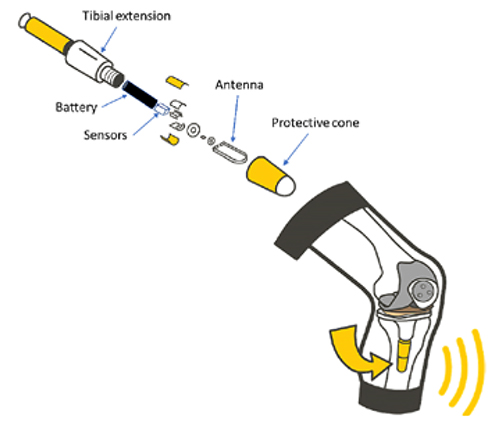
Takeaways • Compared to 2023, the percentage of respondents reporting an increase in open positions for RNs and STs, as well as increased turnover for RNs, remained stable, but fewer reported a drop in ST turnover. • The percentage of respondents reporting hiring more managers set a 9-year record. •…

Some 800,000 knee replacements and 550,000 hip replacements are performed in the US each year. Factoring in the ever-expanding aging population, projections show the figure for knee replacements alone will explode to 3.5 million procedures being done annually by 2030—and that is just one type of procedure within a single…

The administrator of an ambulatory surgery center (ASC) wears many hats, doing every odd job in the book to keep their free-standing center safe, compliant, and operational. But what does “wearing many hats” mean exactly? OR Manager spoke with Nyleen Flores, CPMSM, CPCS, CPCO, CASC, chief administrative officer at Lake…

I still recall being handed roughly 10 boxes of suture anchors to practice with years ago at New York University (NYU) medical school. “Aren’t these needed here?” I asked incredulously. “Not at all,” came the answer, despite a hefty price tag of $1,000 per box. In fact, getting the suture…

Takeaways Transmitting health metrics directly from a surgical implant reduces the need for in-person followup and offers more objective data on recovery than patient-reported measures. This technology’s potential extends beyond knees. Whatever the nature of the treatment, postop monitoring is critical. Patient education is essential for setting up the data…

Takeaways Successful collaboration requires prioritizing teamwork and aligning new projects and ideas with the overarching goals of the organization. Strategies for making the case for a new project or initiative include establishing subject matter expertise, tailoring the message, and having a win-win mindset. The most influential leaders understand others’ perspectives…

One privilege of living at this time in history is the availability of choice, especially for health and surgical needs. Those who make healthcare their business understand this as well. According to Tanna et al, ambulatory surgery centers (ASCs) are spreading to rural areas, hospitals are creating hybrid outpatient surgery…

Although I am not a healthcare professional, working for OR Manager offers a peek behind the curtain. What I have learned so far has left me feeling a bit conflicted. When I took this job back in December, I assumed the hospital ecosystem was driven entirely by the Hippocratic Oath.…